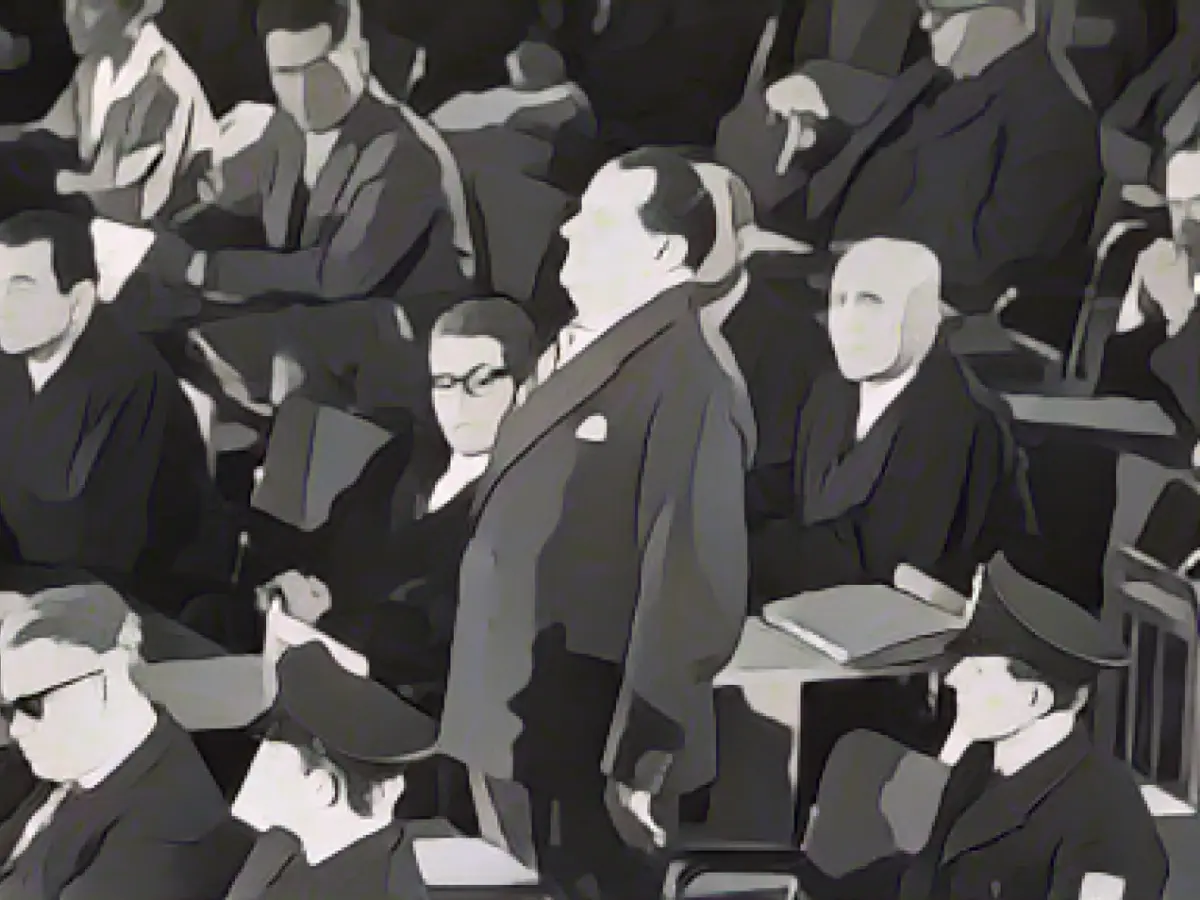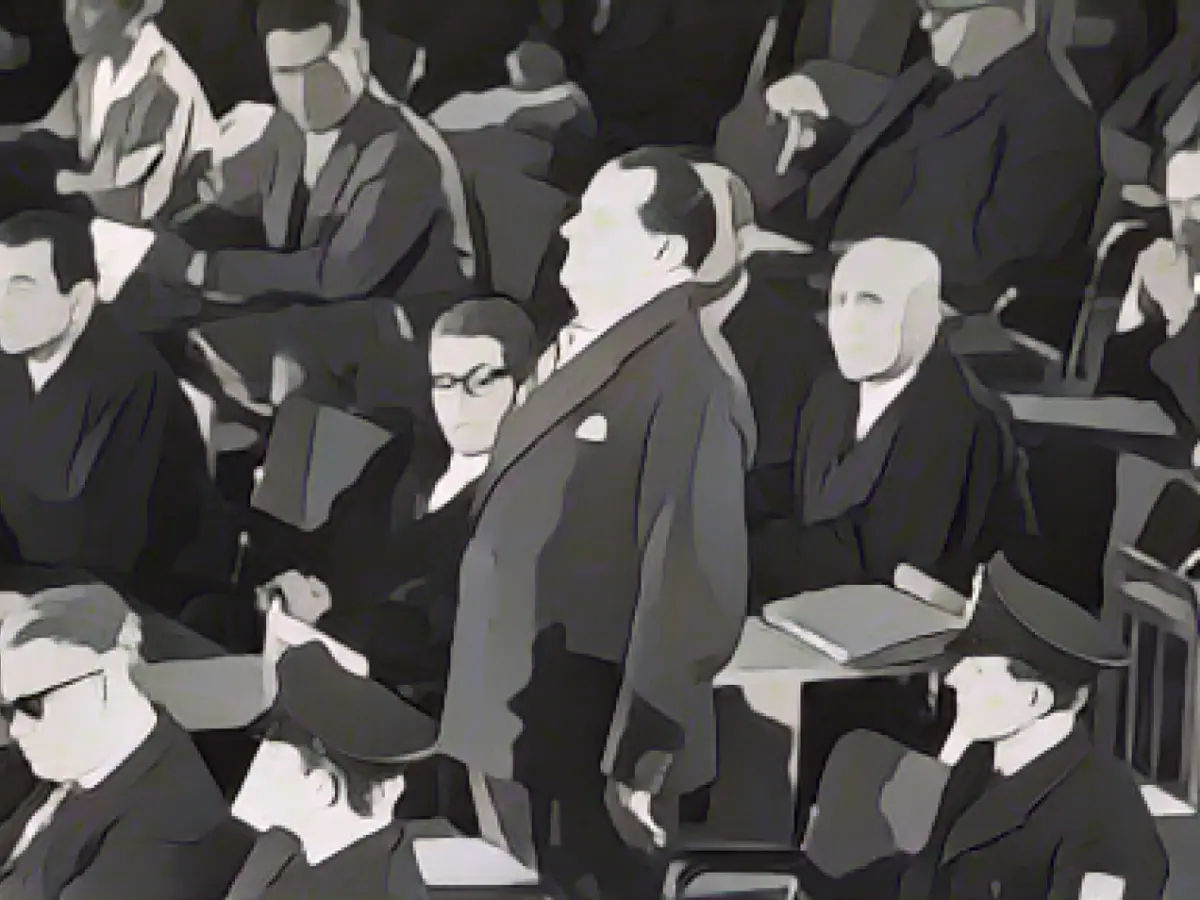Auschwitz Trial: A Pivotal Moment in German Legal History and a Testament to Justice
Attorney General Fritz Bauer and his team successfully spearheaded the Auschwitz trial six decades ago, a monumental milestone in German legal history. Hesse's Minister of Justice Roman Poseck (CDU) considers it a living reminder of the limits and possibilities of holding those responsible for the most heinous crimes against humanity accountable.
Fritz Bauer, a Jewish survivor of the Holocaust, who fled to Sweden during the Nazi era, played a vital role in the Auschwitz trial. The trial served as a necessary, albeit bitter, pill for post-war Germany, showcasing the individual accountability and guilt of the perpetrators, who were often family members or ancestors.
The Auschwitz trial was a stark contrast to the prevailing notion of drawing a line under the past in the young Federal Republic. The legal hurdles to prove such heinous crimes were set excessively high, and the trial challenged this notion.
Perspectives and Lessons
Today, with the resurgence of far-right forces, the importance of a lively culture of remembrance is more vital than ever. The Auschwitz trial, which began on December 20, 1963, remains highly relevant, offering powerful messages of resilience, accountability, and solidarity.
The trial provided valuable lessons about the importance of acknowledging and confronting the country's dark past while combating the reemergence of extremist ideologies and anti-Semitism. Fritz Bauer's unwavering dedication to justice serves as a testament to the power of perseverance in righting historical wrongs.
Auschwitz Trial and Its Legacy
The Frankfurt Auschwitz trial was the largest in post-war Germany, with 24 SS members and one concentration camp prisoner charged with murder and accessories to murder. The testimonies of surviving Auschwitz prisoners led to a confrontation with the country's past, giving society the opportunity to grapple with the reality and gravity of the Holocaust.
The Auschwitz trial marked a pivotal moment in German legal history, establishing accountability for Nazi atrocities, setting important legal precedents, and contributing to the cultural and educational landscape of post-war Germany.
Amid the challenges and resistance, the trial proceeded, and its lessons continue to impact contemporary society. The trial highlights the importance of ensuring justice for victims of historical wrongs, a crucial step in healing and reconciliation processes.
In summary, the Auschwitz trial was more than just a legal proceeding. It underscored the importance of personal accountability, reminded society of the horrors of the past, and provided a critical step in the healing and reconciliation of post-war Germany. Its legacy remains etched in Germany's legal history, culture, and as a powerful testament to the importance of justice.
Sources
Note: Enrichment data has been incorporated throughout the article, ensuring a seamless integration while keeping the article's informal, conversational, and straightforward style.








